Metabolism is one of those words that pops up everywhere in conversations about health. People often talk about having a “fast” or “slow” metabolism, or say that their metabolism is the reason their weight changes as the years go by. But what does it actually mean?
Put simply, metabolism is the set of chemical reactions that keep us alive. It’s happening constantly inside every cell, whether we’re walking, sleeping, or just breathing. In this article, we’ve gathered answers to some of the most common questions people ask about metabolism, without all the jargon.
What does metabolism mean?
Metabolism is the name for all the processes in your body that turn food and drink into energy – often measured in calories – and use those resources to grow, heal and keep everything working properly. That energy isn’t just for exercise – it fuels everything from keeping your heart beating and your lungs breathing to repairing cells and supporting your brain.
You can think of metabolism as your body’s “engine”: it takes the fuel you provide and uses it to power every vital function. Without it, life wouldn’t be possible.
How does metabolism work?
 Metabolism involves two main types of activity inside your body.
Metabolism involves two main types of activity inside your body.
Catabolism is the process of breaking down food molecules, such as carbohydrates, fats and proteins, into smaller parts. This releases energy that your cells can use.
Anabolism is the opposite – it’s the building-up process, known as biosynthesis – your body’s way of creating complex molecules from simpler ones. Your body uses energy plus all the building blocks from your diet, like amino acids from proteins, to create and repair tissues, support growth, and store energy for later.
These two sides of metabolism are happening all the time, balancing each other to keep you functioning. For example, when you eat a meal, catabolism helps release energy and nutrients from the food, while anabolism uses some of those resources to build and maintain your muscles and organs.
To sum up, metabolism works by continuously converting the fuel you eat into the energy and materials your body needs to stay alive and healthy.
Where does metabolism take place in the body?
Metabolism isn’t confined to a single organ or location in the body – it happens everywhere, in every cell. Each cell contains the machinery needed to convert nutrients into energy and carry out essential processes.
A key role is played by the mitochondria, often described as the ‘powerhouses’ of the cell. They take the products of digestion, mainly glucose from carbohydrates, and turn them into energy your body can use, in the form of a key molecule called adenosine triphosphate (ATP). To do this, the mitochondria rely on molecules like NAD and Co-enzyme Q10, which act as helpers in the energy production process.
But metabolism also involves many other parts of the body: your digestive system provides the nutrients, your muscles use energy for movement, and your liver helps regulate and balance energy supply.
So rather than being located in one place, metabolism is best thought of as a network of activities happening across the body, every second of every day.
How does metabolism affect weight?
Metabolism is one part of a bigger picture when it comes to body weight. The calories you burn each day are made up of:
Basal metabolic rate (BMR): the energy your body uses just to keep you alive at rest, from pumping your heart to breathing and maintaining a normal body temperature. BMR constitutes around 80% of your metabolism.
Physical activity: everything from walking to gardening to working out.
Digestion: the energy your body uses just to process the food you eat.
The balance of how many calories we eat versus how many calories we burn matters most to how our metabolism affects our weight. But many factors also affect our metabolic rate, from how active we are, to our age, how well we sleep, our genes – especially our gut health.
Studies show that the trillions of bacteria living in our gut microbiome influence how well we take energy from what we eat, and even affect genes that regulate how we use energy and store it in fat. An unbalanced gut microbiome can slow down your metabolism and increase the risk of obesity and obesity-related metabolic disorders.
People with more muscle tend to have a faster metabolism, because muscle mass burns more energy at rest than fat. We tend to lose muscle mass as we age and burn fewer calories as a result – and if your eating habits stay the same, you may end up gaining weight.
The good news is that a healthy, gut-supporting diet rich in fibre and regular activity like strength-based exercise, can help to keep your metabolism supported.
What gives some people a faster metabolism than others?
Everyone’s metabolism is slightly different, and many factors can influence whether it runs faster or slower. The main ones include:
Age – younger people often have a faster metabolism, which can slow gradually over time
Genetics – the natural variation you’re born with can affect how efficiently your body uses energy
Muscle mass – muscle burns more energy at rest than fat, so people with more muscle tend to have a faster metabolism
Sex – on average, men usually have a higher proportion of muscle than women, giving them a slightly faster metabolism
Lifestyle – activity levels, diet, medication, and even sleep patterns all play a role
Microbiome composition – the balance and diversity of bacteria that live in your gut has a major influence on how your body manages energy and stores it as fat
So while genetics set a starting point, the choices we make each day – like staying active and eating well – can influence how efficiently our metabolism works.
How does metabolism change with age?

There’s some truth to the idea that metabolism slows down with age.
Studies show that, by their first birthday, babies are burning 50% more energy than adults for their size, with cells hard at work on growth and development. Metabolic rates stay high through childhood, slowing down through adolescence and stabilising to normal adult levels around the age of 20. Research shows that metabolism then stays roughly stable until the age of 60, before sharply slowing down by about seven per cent a decade.
Age affects our mitochondria, the cellular ‘powerhouses’ in charge of producing energy. As we get older, they tend to use less glucose to create energy, which instead gets redirected to lipid formation. In other words – we store more glucose as fat.
As we get older, we also start losing muscle mass in a natural process known as sarcopenia. From around 45, we lose about one per cent of our muscle mass every year, later rising to three per cent. Because our muscle tissue uses more energy than fat, this can reduce the number of calories the body burns at rest. Without regular resistance exercise, you can expect to have lost about a quarter or more of your total muscle mass by the age of 65.
Hormonal changes, lifestyle factors and changes in how active you are can all contribute too. That said, the change is gradual and varies from person to person. Staying active, doing regular weight-bearing exercise, eating well, and looking after your overall wellbeing can all help support a healthy metabolism throughout life.
How does sleep affect metabolism?
Your basal metabolic rate (the energy your body uses just to keep you alive at rest) slows down during normal sleep by around 15%, reaching its slowest rate in the morning in a normal circadian rhythm.
Sleep gives your body time to rest, repair and regulate vital processes – including metabolism. When you don’t get enough quality sleep, it can disrupt hormones that control appetite and energy use. For example, poor sleep may increase levels of ghrelin (the hormone that makes you feel hungry) and lower levels of leptin (which helps you feel full). Some research has found that short sleep duration is significantly associated with incidence of obesity.
Scientists are also discovering a link between sleep and the gut microbiome – the community of bacteria that live in your digestive system. Poor sleep can disturb your microbial balance. Because this plays an important role in energy use, blood sugar regulation and more, it can have another knock-on effect on your metabolism.
Getting enough good-quality sleep is an important part of supporting your overall metabolic health, alongside diet, exercise and other lifestyle habits.
What are metabolism boosters?
 How quick or slow your metabolism is depends a lot on your genes and your lifestyle. There are no magic bullets to rapidly “boost” metabolism, but your lifestyle is something you can control, with healthy nutrition playing a major role. Here are some things you can do to help your body switch towards a more active metabolism.
How quick or slow your metabolism is depends a lot on your genes and your lifestyle. There are no magic bullets to rapidly “boost” metabolism, but your lifestyle is something you can control, with healthy nutrition playing a major role. Here are some things you can do to help your body switch towards a more active metabolism.
Staying active – The more intense the activity, the more calories you’ll burn, but any physical activity helps – from walking, running to lifting weights.
Resistance training – helps to build muscle mass, which uses more energy (calories) than fat tissue.
Aerobic exercise – usually involves more cardiovascular work, which makes your heart work faster. The heart is a very active muscle so it will increase your energy use.
Exercise is also a powerful activator of AMPK (AMP-activated protein kinase), a ‘metabolic switch’ protein that increases energy consumption in the cells, which in turn stimulates the use of energy.
Eating a balanced diet
 Eating food that’s rich in dietary fibre, like fruit and veg and other sources, not only helps to reduce blood sugar spikes (which can impact your metabolism) but will also help sustain a healthy and balanced gut microbiome. This helps you avoid gut dysbiosis – disruption which can lead to autoimmune diseases like rheumatoid arthritis, irritable bowel syndrome, asthma or skin eczema, for example. Studies have shown that gut dysbiosis can also increase your risk of metabolic disorders such as type 2 diabetes (T2DM).
Eating food that’s rich in dietary fibre, like fruit and veg and other sources, not only helps to reduce blood sugar spikes (which can impact your metabolism) but will also help sustain a healthy and balanced gut microbiome. This helps you avoid gut dysbiosis – disruption which can lead to autoimmune diseases like rheumatoid arthritis, irritable bowel syndrome, asthma or skin eczema, for example. Studies have shown that gut dysbiosis can also increase your risk of metabolic disorders such as type 2 diabetes (T2DM).
Fruits and vegetables are also rich in polyphenols, nutrients which support our metabolism by modulating the gut microbiome and reducing inflammation (a risk factor for metabolic disorders). Some polyphenols have also been shown to increase AMPK activity.
Getting good sleep – poor rest can affect how your body regulates energy.
What are some common metabolic disorders?
 Metabolism usually works smoothly in the background, but sometimes things go wrong. Metabolic disorders are conditions where the body’s chemical processes don’t function as they should. Some examples include:
Metabolism usually works smoothly in the background, but sometimes things go wrong. Metabolic disorders are conditions where the body’s chemical processes don’t function as they should. Some examples include:
Diabetes, where the body has difficulty regulating blood sugar. Type 1 diabetes is an auto-immune disease that can happen due to genetic inheritance or immune malfunction, whereas type 2 diabetes is often linked to lifestyle choices and being overweight.
Thyroid disorders, which can cause metabolism to speed up (when you have an overactive thyroid) or slow down (when it’s underactive). This is because the thyroid hormones, T3 and T4, are involved in the regulation of glucose metabolism.
Inherited conditions, such as phenylketonuria (PKU), where the body can’t process certain proteins properly.
These conditions can have a major impact on health but can be managed with medical support. For most people, everyday variations in metabolism are normal and not a sign of illness.
How is metabolism linked to blood sugar?
Blood sugar (or blood glucose) is one of the body’s main energy sources, and metabolism plays a key role in how it’s used. After you eat, carbohydrates are broken down into glucose, which enters your bloodstream.
Your body works really hard to balance your blood glucose levels in the sweet spot – not too high, not too low. Hormones such as insulin then help move that glucose into your cells, where it can be used to produce energy, or be stored as glycogen or fat, depending on what your body needs.
If this system doesn’t work properly then your blood sugar levels can become too high. This can be because your body isn’t able to produce insulin (type 1 diabetes) or because your cells stop responding well to insulin through insulin resistance (type 2 diabetes). Type 1 diabetes is an auto-immune disease often caused by genetic inheritance or immune malfunction, but type 2 diabetes is often linked to lifestyle choices and being overweight.
Persistently high blood glucose levels have been shown to damage blood vessels, which is a risk factor for cardiovascular disease. An inability to regulate glucose levels also signals your body to store glucose as fat, as it thinks you don’t need it. This is likely to lead to weight gain and obesity. Meanwhile, obesity is a risk factor for type 2 diabetes.
This is why healthy metabolism is closely linked to healthy blood sugar regulation. Eating balanced meals, staying active, and maintaining a healthy weight can all support this process. High-fibre and complex carbohydrate foods can help to reduce post-meal glucose spikes and balance your glucose metabolism.
Taking care of your metabolic health
While you can’t control every aspect of metabolism, you can support it through everyday choices like staying active, sleeping well and eating a nourishing diet that supports your gut health.
Some key nutrients – including B vitamins, chromium and magnesium – are scientifically recognised for their role in supporting a normal energy-yielding metabolism and blood sugar balance. Our Metabolic Thrive+ supplement has been formulated to support your metabolic health with this in mind.
For more insights into how nutrition and lifestyle can support your health, visit our Knowledge Centre – including articles on NAD and CoQ10, which both play a role in the body’s energy processes.
References
- Alberts B, Johnson A, Lewis J, et al. New York: Garland Science; 2002. Molecular Biology of the Cell, 4th edition
- Alberts B, Johnson A, Lewis J, et al. New York: Garland Science; 2002. Molecular Biology of the Cell, 4th edition
- Sharma S, Kavuru M. Sleep and metabolism: an overview. Int J Endocrinol. 2010;2010:270832.
- Bahr SM, Weidemann BJ, Castro AN, et al. Risperidone-induced weight gain is mediated through shifts in the gut microbiome and suppression of energy expenditure. EBioMedicine. 2015;2(11):1725-1734.
- Davis CD. The Gut Microbiome and Its Role in Obesity. Nutr Today. 2016;51(4):167-174.
- Pontzer H, Yamada Y, Sagayama H, et al. Daily energy expenditure through the human life course. Science. 2021;373(6556):808-812.
- Wei P, Zhang X, Yan C, Sun S, Chen Z, Lin F. Mitochondrial dysfunction and aging: multidimensional mechanisms and therapeutic strategies. Biogerontology. 2025;26(4):142. Published 2025 Jul 9.
- Taheri S, Lin L, Austin D, Young T, Mignot E. Short sleep duration is associated with reduced leptin, elevated ghrelin, and increased body mass index. PLoS Med. 2004;1(3):e62.
- Richter EA, Ruderman NB. AMPK and the biochemistry of exercise: implications for human health and disease. Biochem J. 2009;418(2):261-275.
- Iatcu CO, Steen A, Covasa M. Gut Microbiota and Complications of Type-2 Diabetes. Nutrients. 2021;14(1):166. Published 2021 Dec 30.
- Martiniakova M, Sarocka A, Penzes N, et al. Protective Role of Dietary Polyphenols in the Management and Treatment of Type 2 Diabetes Mellitus. Nutrients. 2025;17(2):275. Published 2025 Jan 13.
- Herranz-López M, Olivares-Vicente M, Boix-Castejón M, Caturla N, Roche E, Micol V. Differential effects of a combination of Hibiscus sabdariffa and Lippia citriodora polyphenols in overweight/obese subjects: A randomized controlled trial. Sci Rep. 2019;9(1):2999. Published 2019 Feb 28.
- Shahid MA, Ashraf MA, Sharma S. Physiology, Thyroid Hormone. [Updated 2023 Jun 5]. In: StatPearls. Treasure Island (FL): StatPearls Publishing; 2025 Jan-
- Levitan EB, Song Y, Ford ES, Liu S. Is nondiabetic hyperglycemia a risk factor for cardiovascular disease? A meta-analysis of prospective studies. Arch Intern Med. 2004;164(19):2147-2155.
- Chen YK, Liu TT, Teia FKF, Xie MZ. Exploring the underlying mechanisms of obesity and diabetes and the potential of Traditional Chinese Medicine: an overview of the literature. Front Endocrinol (Lausanne). 2023;14:1218880. Published 2023 Aug 1.
- Galicia-Garcia U, Benito-Vicente A, Jebari S, et al. Pathophysiology of Type 2 Diabetes Mellitus. Int J Mol Sci. 2020;21(17):6275. Published 2020 Aug 30.





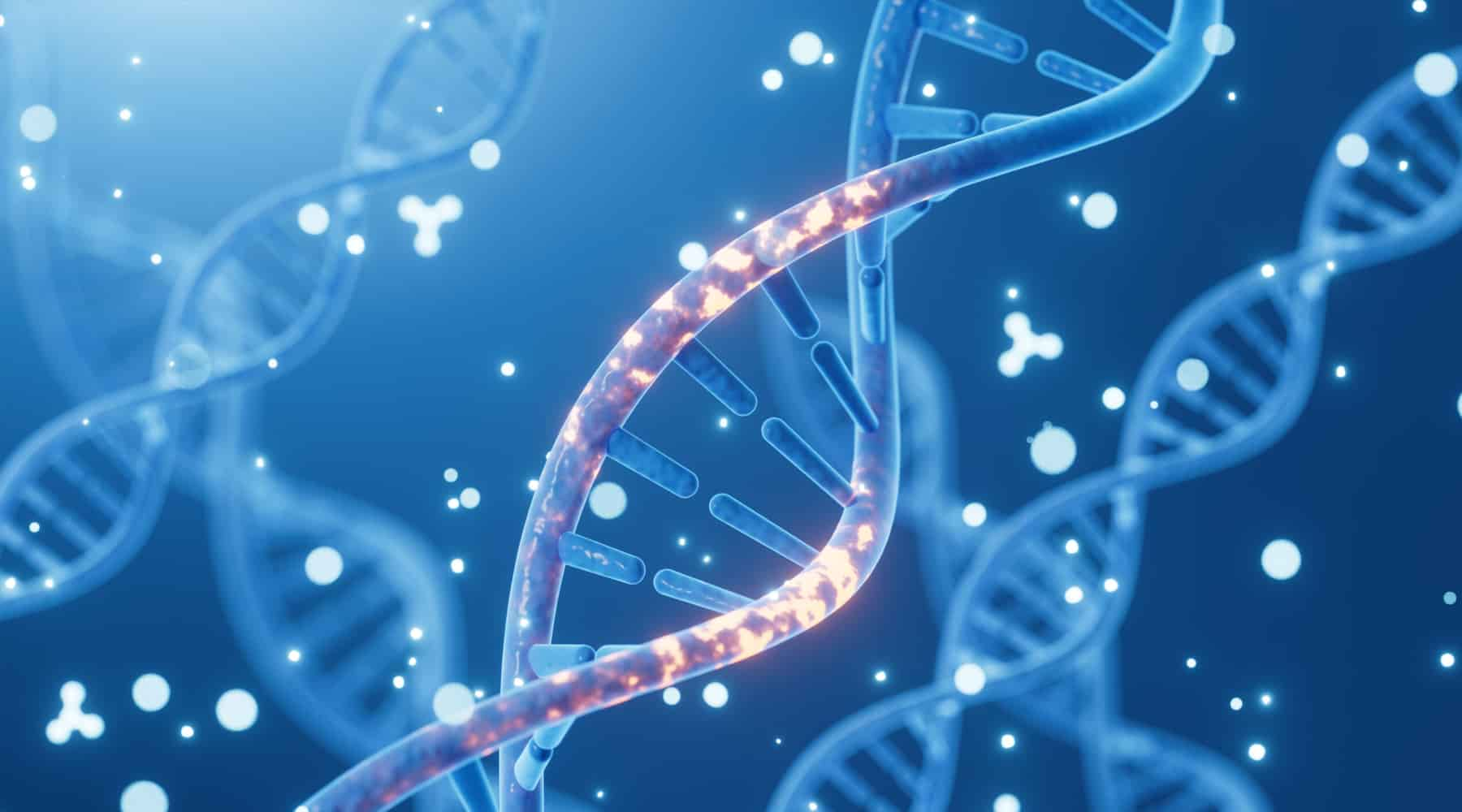


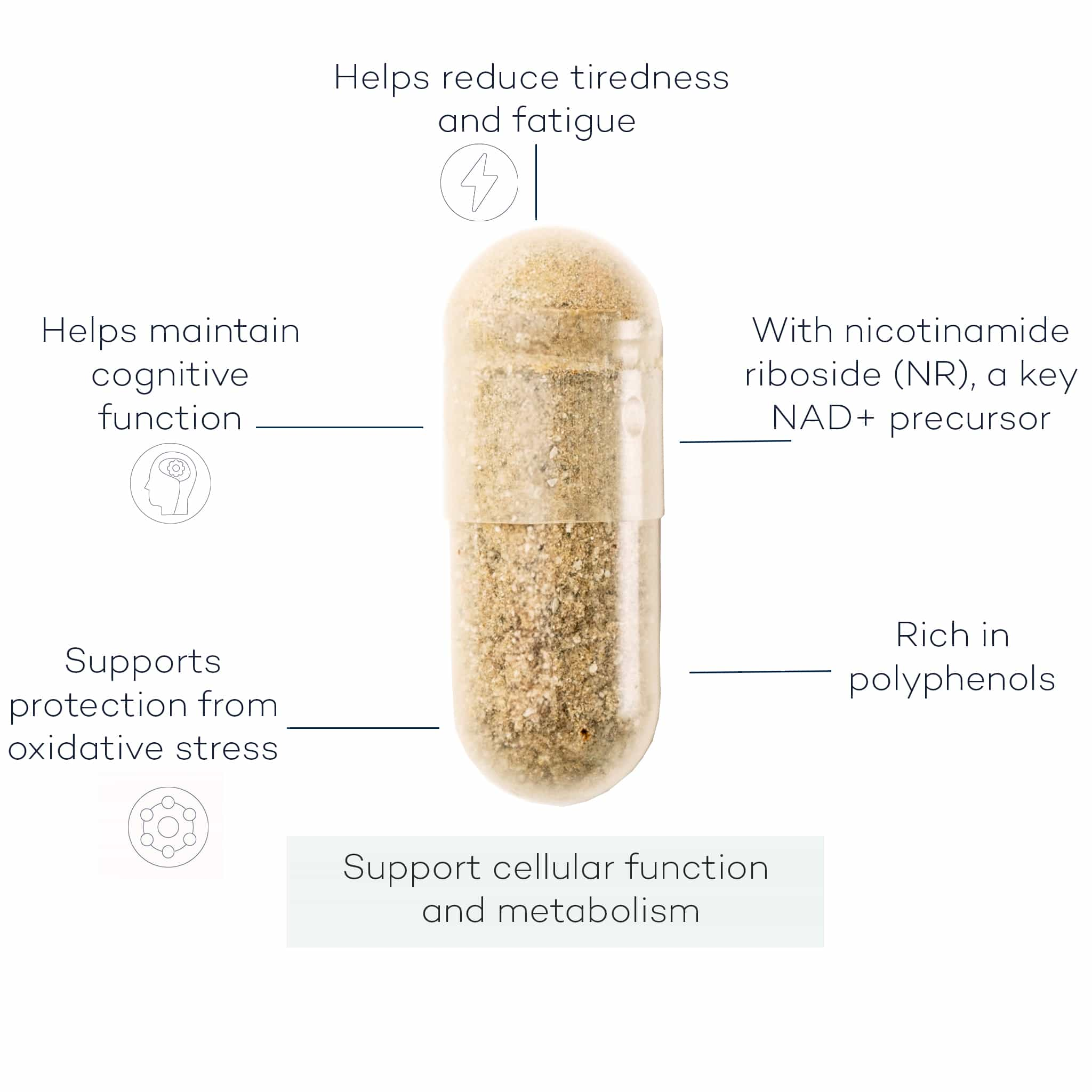

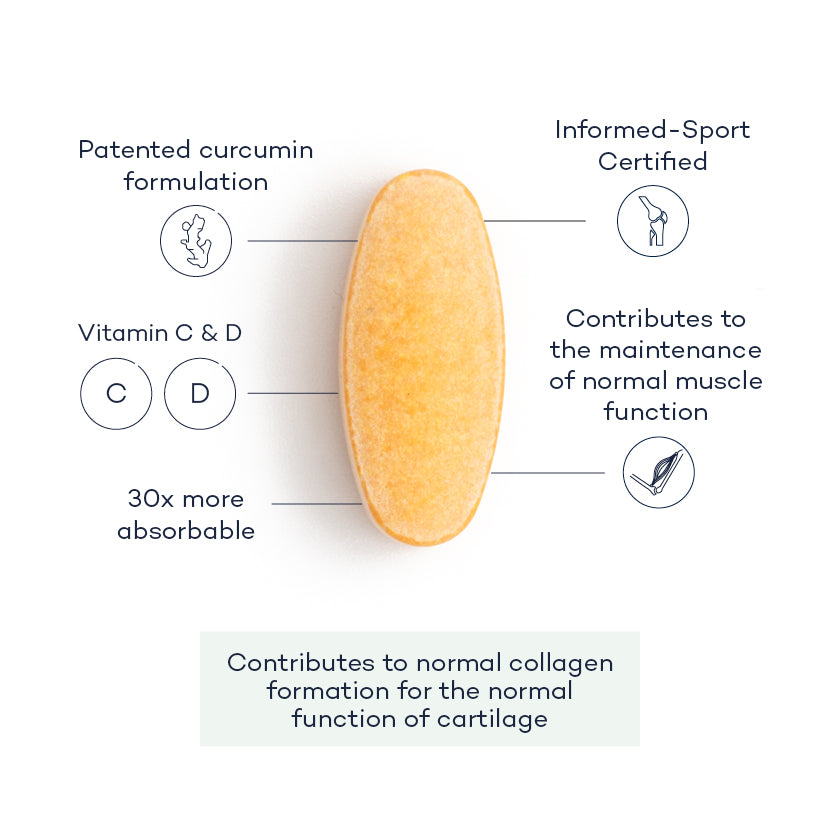

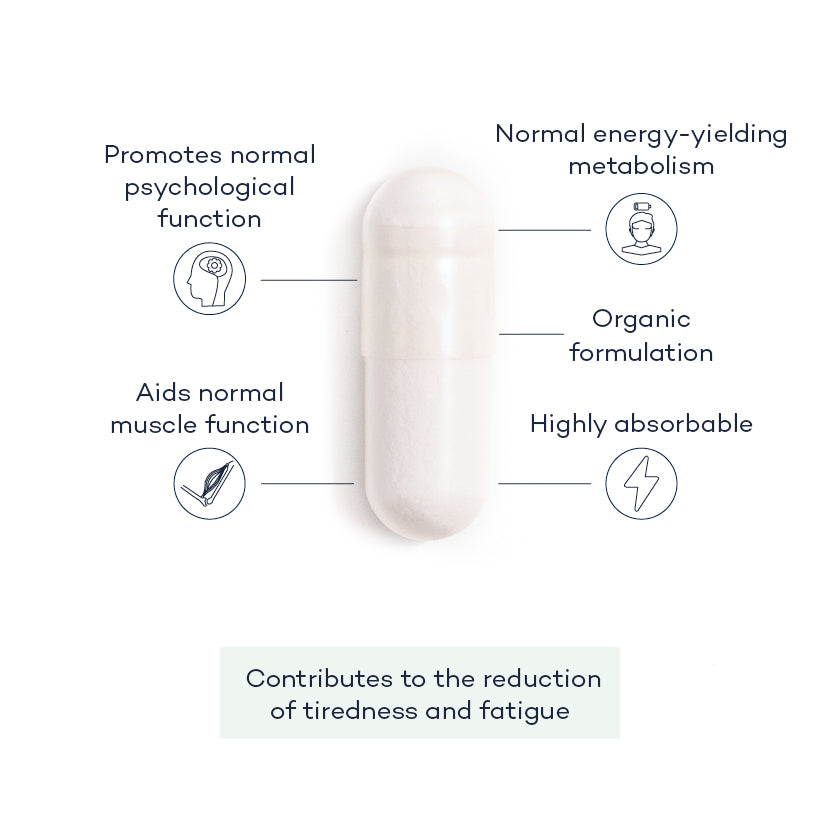

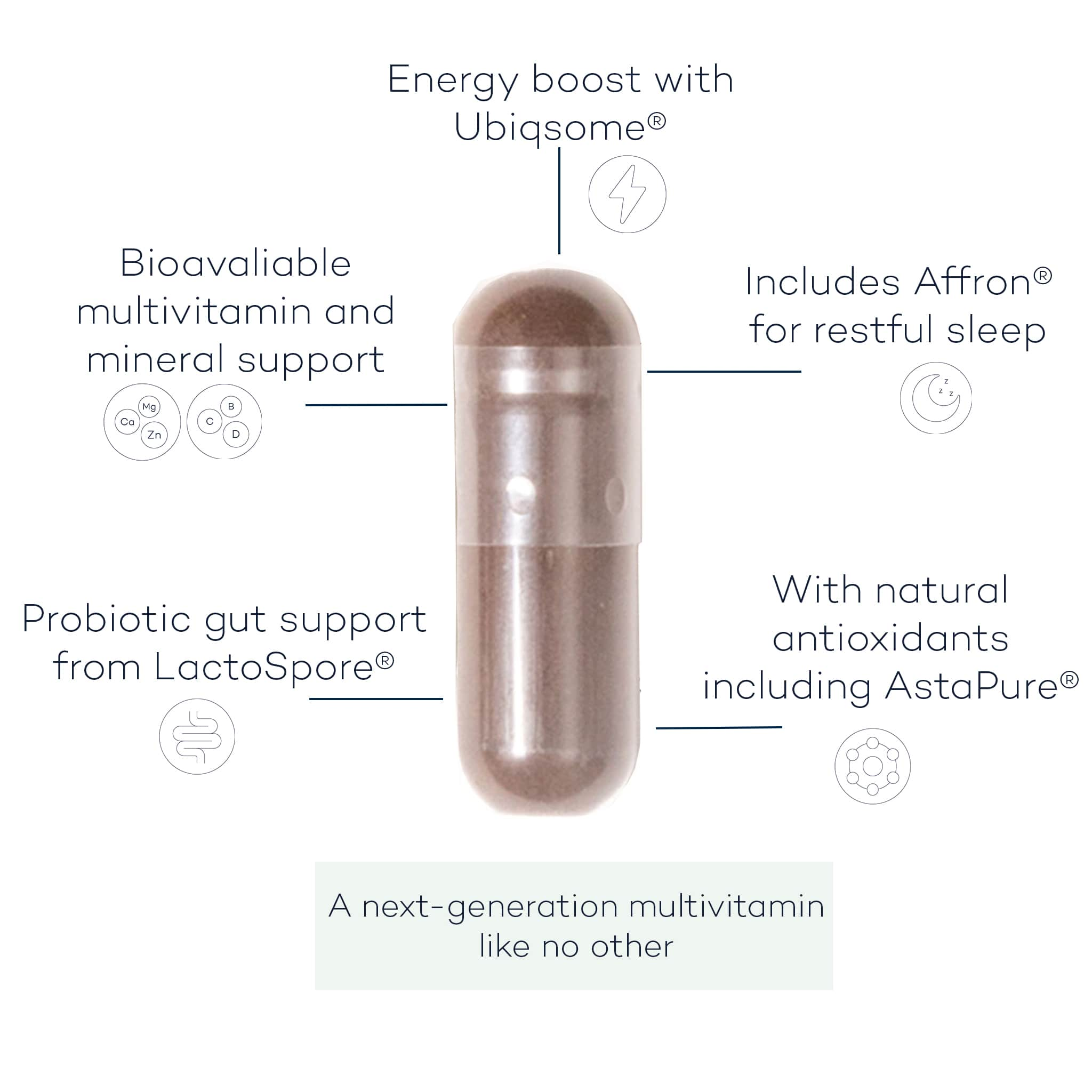

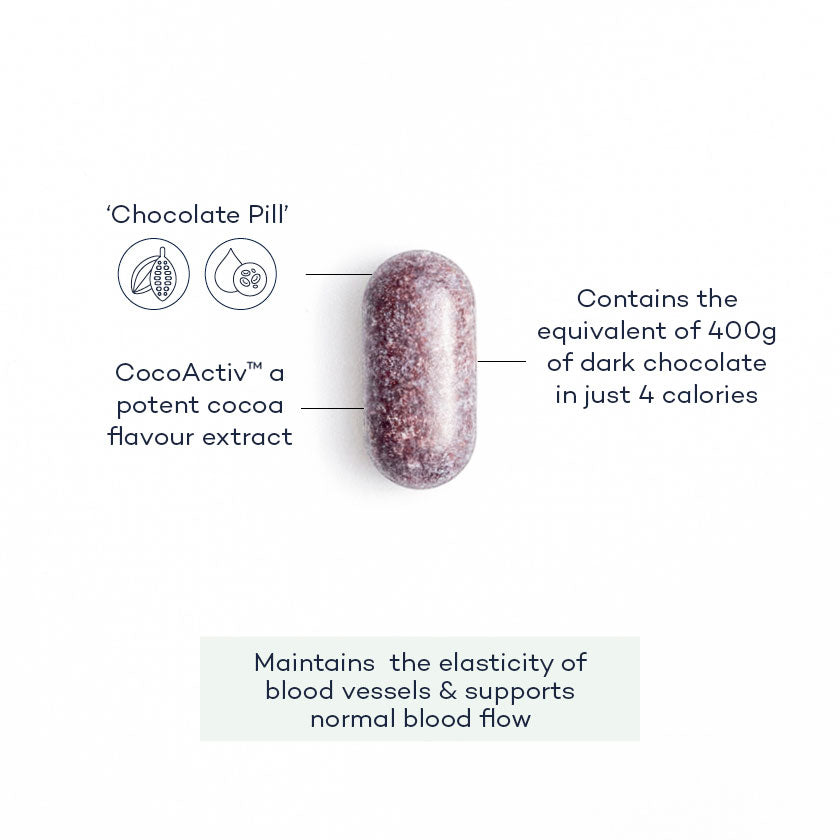


Leave a comment
All comments are moderated before being published.
This site is protected by hCaptcha and the hCaptcha Privacy Policy and Terms of Service apply.